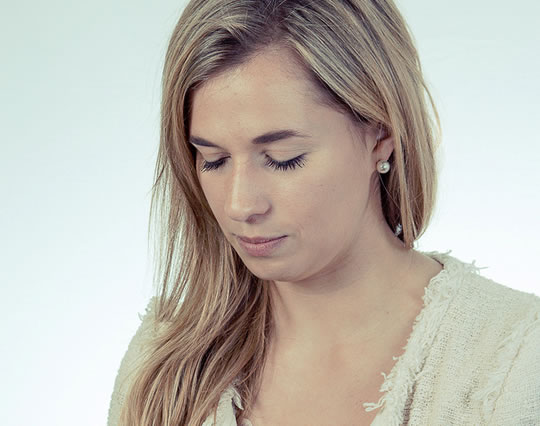
How to improve the brain’s executive functions in only 25 minutes a day.
Just 25 minutes of yoga or meditation a day is enough to boost all kinds of cognitive powers, new research finds.
Both practices effectively improved the brain’s executive functions.
This helps people control their habits, their emotions and how they set and complete goals.
Dr Peter Hall, one of the study’s authors, said:
“Hatha yoga and mindfulness meditation both focus the brain’s conscious processing power on a limited number of targets like breathing and posing, and also reduce processing of nonessential information.
These two functions might have some positive carryover effect in the near- term following the session, such that people are able to focus more easily on what they choose to attend to in everyday life.”
For the research 31 people did either Hatha yoga, mindfulness meditation or read a book.
Both yoga and mindfulness were effective in increasing executive function.
Ms Kimberley Luu, the study’s first author, said:
“This finding suggests that there may be something special about meditation — as opposed to the physical posing — that carries a lot of the cognitive benefits of yoga.”
Hatha yoga, though, was particularly good at improving energy levels, although meditation was also beneficial.
Ms Luu said:
“There are a number of theories about why physical exercises like yoga improve energy levels and cognitive test performance.
These include the release of endorphins, increased blood flow to the brain, and reduced focus on ruminative thoughts.
Though ultimately, it is still an open question.”
Hatha yoga is one of the most popular styles practised in the West.
It is a combination of mindfulness and physical postures.
Dr Hall said:
“Although the meditative aspect might be even more important than the physical posing for improving executive functions, there are additional benefits to Hatha yoga including improvements in flexibility and strength.
These benefits may make Hatha yoga superior to meditation alone, in terms of overall health benefits.”
The study was published in the journal Mindfulness (Luu & Hall, 2017).




